My friend C. O. Wyler has released a sequel to her best-selling novel Untaken: 12 Hours Following the Rapture. If you’re interested in what happens after Jesus removes born-again believers from this fallen world, you’ll want to consider her highly entertaining thoughts on the subject.
Untaken, Too: 12 Days Following the Rapture picks up where Book One left off, with protagonist Sarah Colton lying injured at the foot of the stairs in her condo. She has broken some bones but her hostility toward the things of God is alive and well and on full display as her friends band together to help her move on with her life.
I won’t spoil the story by telling you what they do over the next twelve days. But I will say that their concerns are relatively mundane, given what we know has happened, and what will soon happen. Not that its plot is mundane; far from it. I suspect, however, that Wyler’s ideas in this regard are probably accurate—more so than some of the more frenetic and dramatic scenarios that other authors have imagined.
In Untaken, Too, Wyler has retained the features I liked best about her original Untaken—in particular, Sarah’s sometimes insufferable first-person narration. She’s still a self-absorbed control freak, still a feminist atheist, still viewing everyone and everything around her through her own selfish heart. (And again I marvel that Wyler, who has been a Christian just about her entire adult life, was able to so accurately portray such a cold, secular psyche. Sarah definitely rings true for me. And I ought to know, having been a feminist atheist myself until my late 40s.)
In Untaken, Too, we learn some unpleasant new things about Sarah’s character. She’s an enthusiastic pioneer in Artificial Intelligence technology, for instance. She’s incredibly mercenary, willing to do the unthinkable for the sake of money. And she might also be a bit of a megalomaniac, convinced that what she’s doing for this money will contribute to the betterment of mankind for millennia to come.
(If this all sounds a little vague, I apologize. It’s not easy to write about these things without introducing spoilers into this review.)
Wyler has also done an interesting job of revealing her characters’ personalities through their speech: Sometimes their words are pretentious, sometimes uncaring, sometimes almost pompous or dogmatic. It’s an unusual—and brilliant, I think—application of the “show, don’t tell” rule of effective fiction writing.
And then there is some really engaging writing to be had in this novel. For example:
- Wonderful images: “…I visualize him in a seedy back alley, trying to score some pot from shady men in oversized dark leather coats and carrying small black guns.”
- Surprising plays on familiar phrases: “When he leaves, I force myself to ignore the elephant in the drawer ...”
- Clever ways of concisely working in current and soon-to-unfold events that should be alarming to these still-oblivious characters, but are not: “Jeremy has started breakfast, sticking to his usual routine of asking Alexa to list the top five news headlines of the day. She reports: ‘… A new strain of Disease X has been detected and is twenty times more contagious than COVID-19, plus it has a higher death rate …’”
Untaken, Too is a thoroughly Christian novel. As such, it includes a summary of God’s plan of eternal salvation at the end of the book, making it a potentially compelling evangelistic tool today—and, just as important, a persuasive leave-behind for those who are “untaken” when the Lord returns to fulfill 1 Thessalonians 4:13-18.
You’ll find Untaken, Too in paperback and ebook formats at all the usual outlets, from Amazon to Barnes & Noble, as well as at select independent bookstores nationwide. Hope you’ll check it out soon!
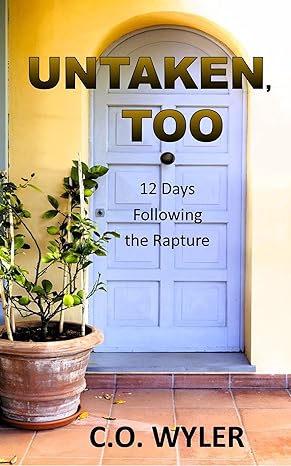
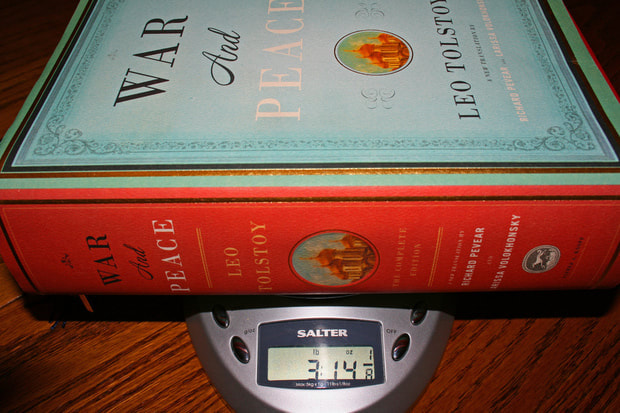
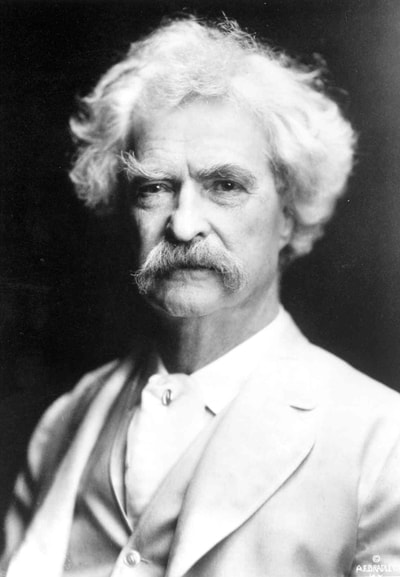
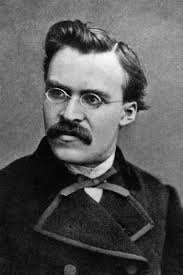

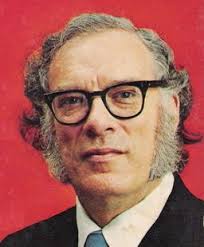

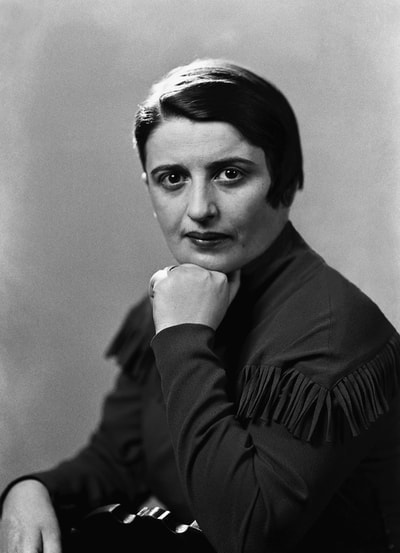






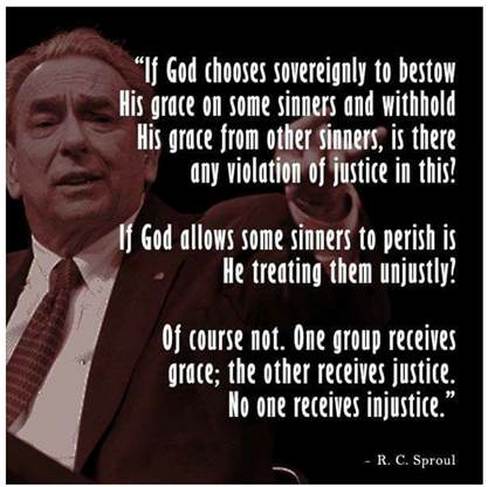
 RSS Feed
RSS Feed